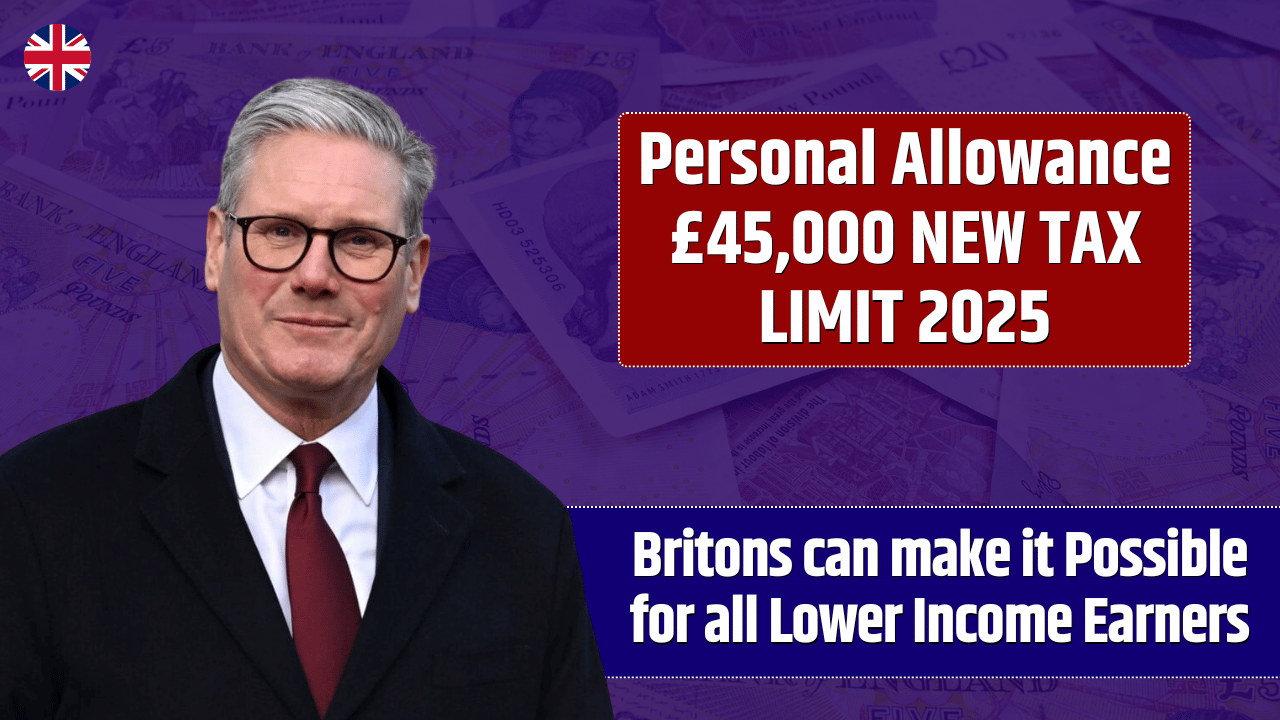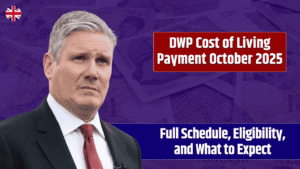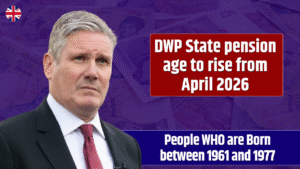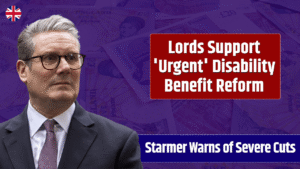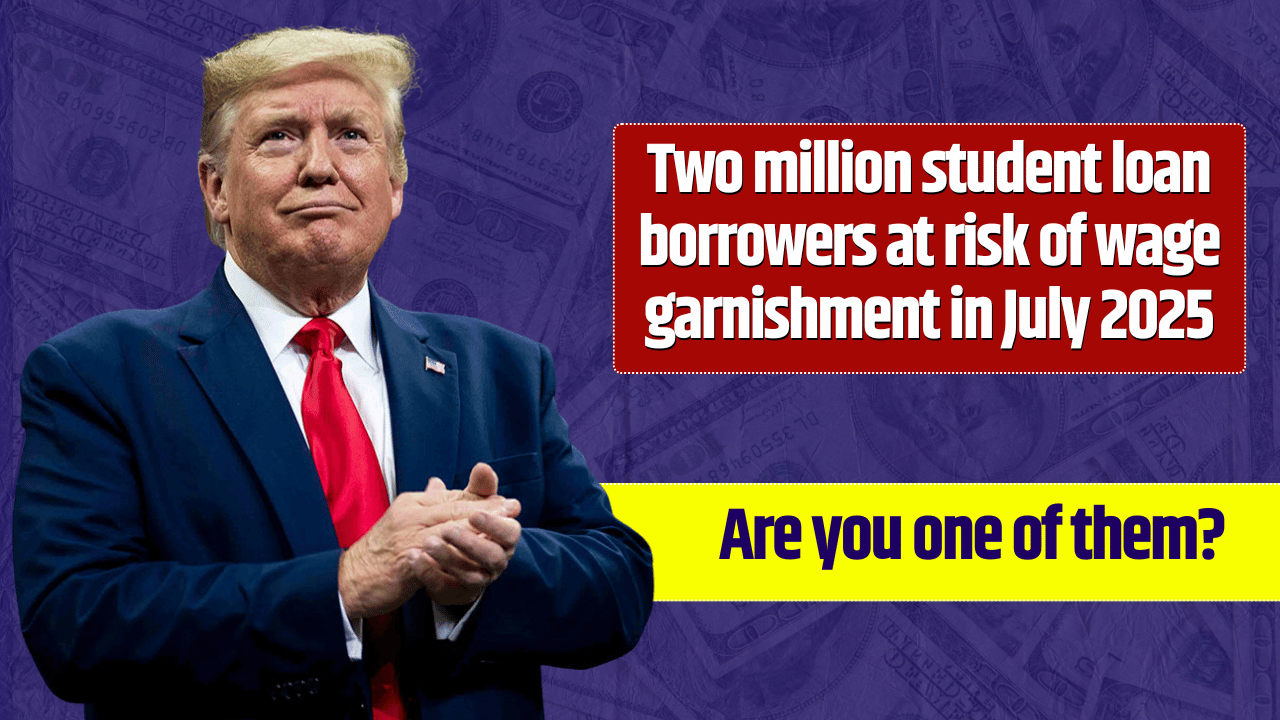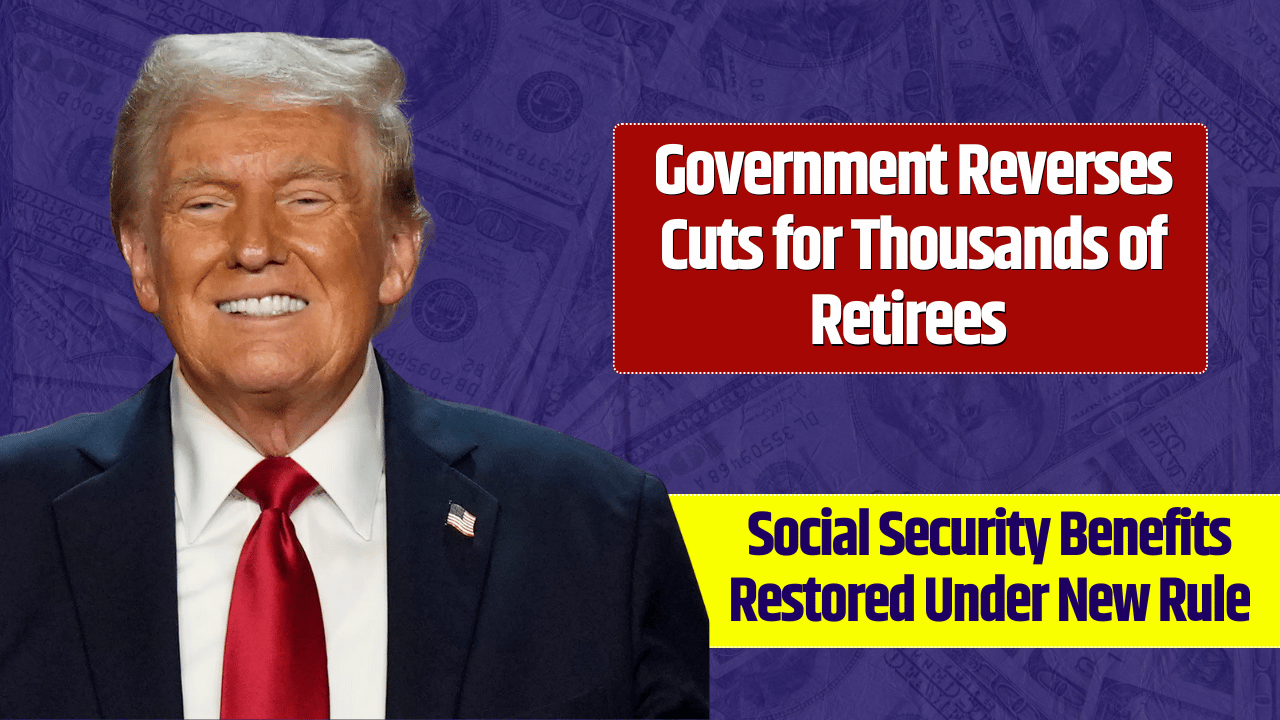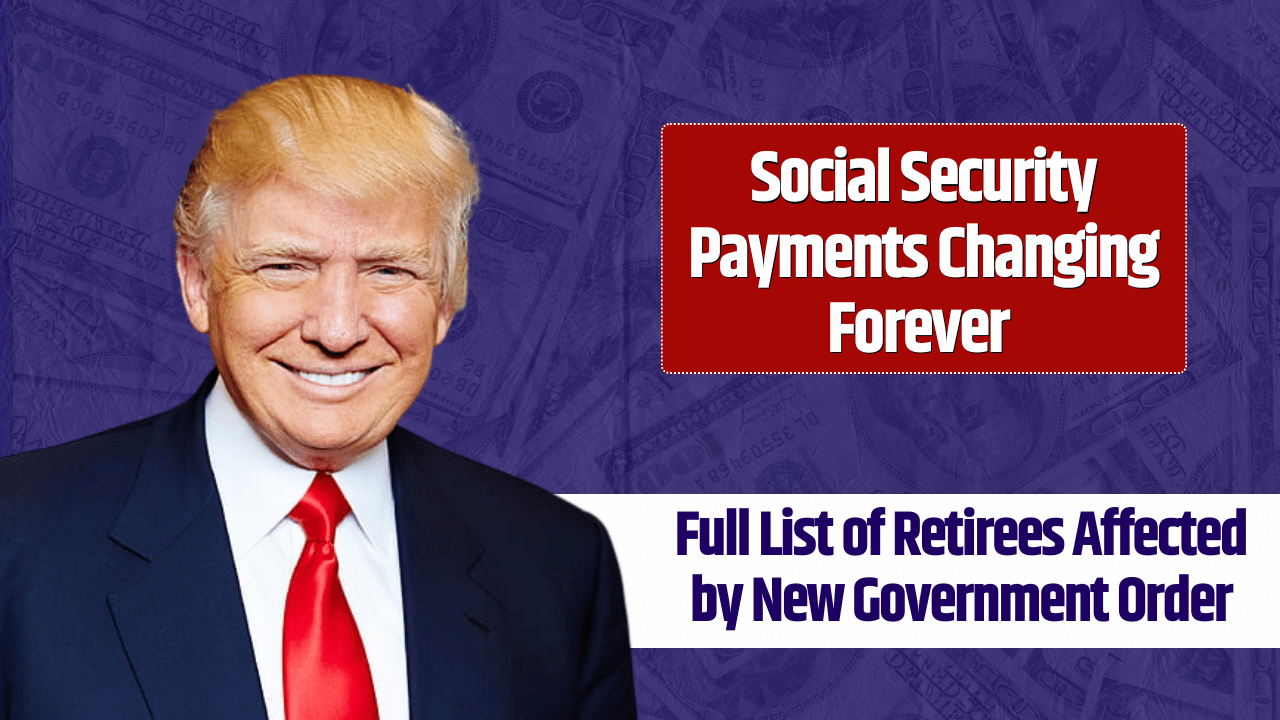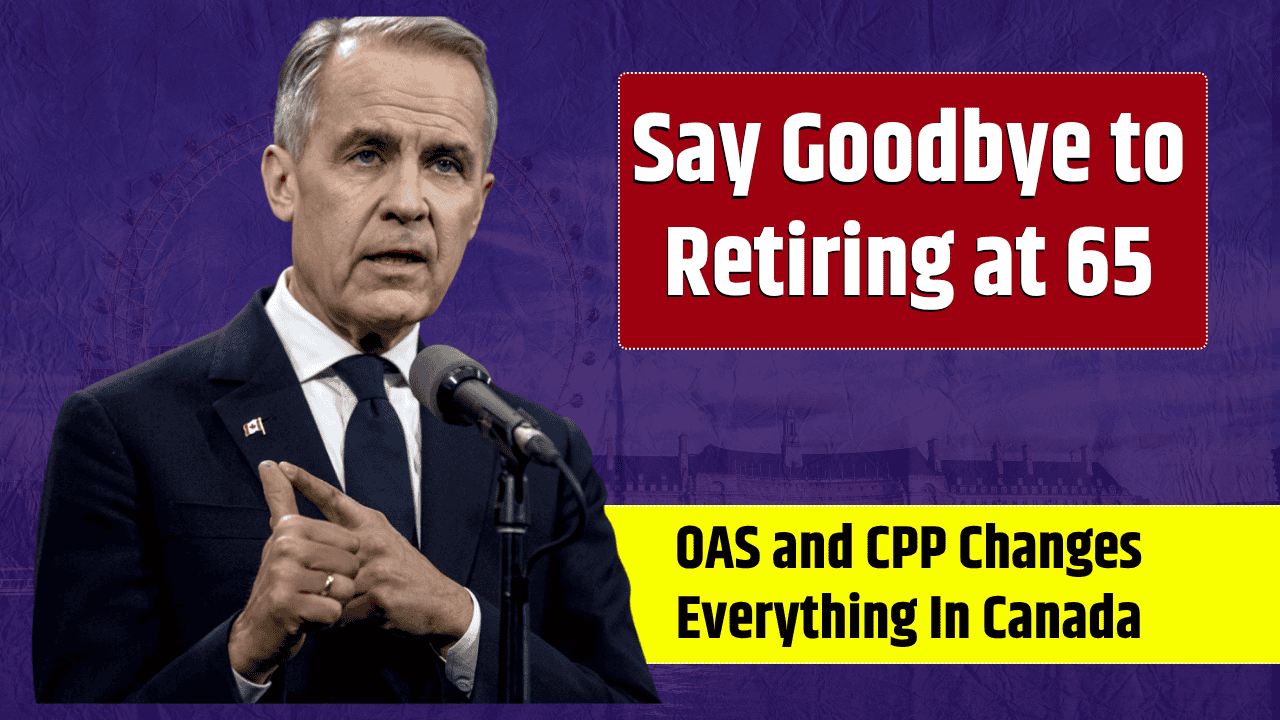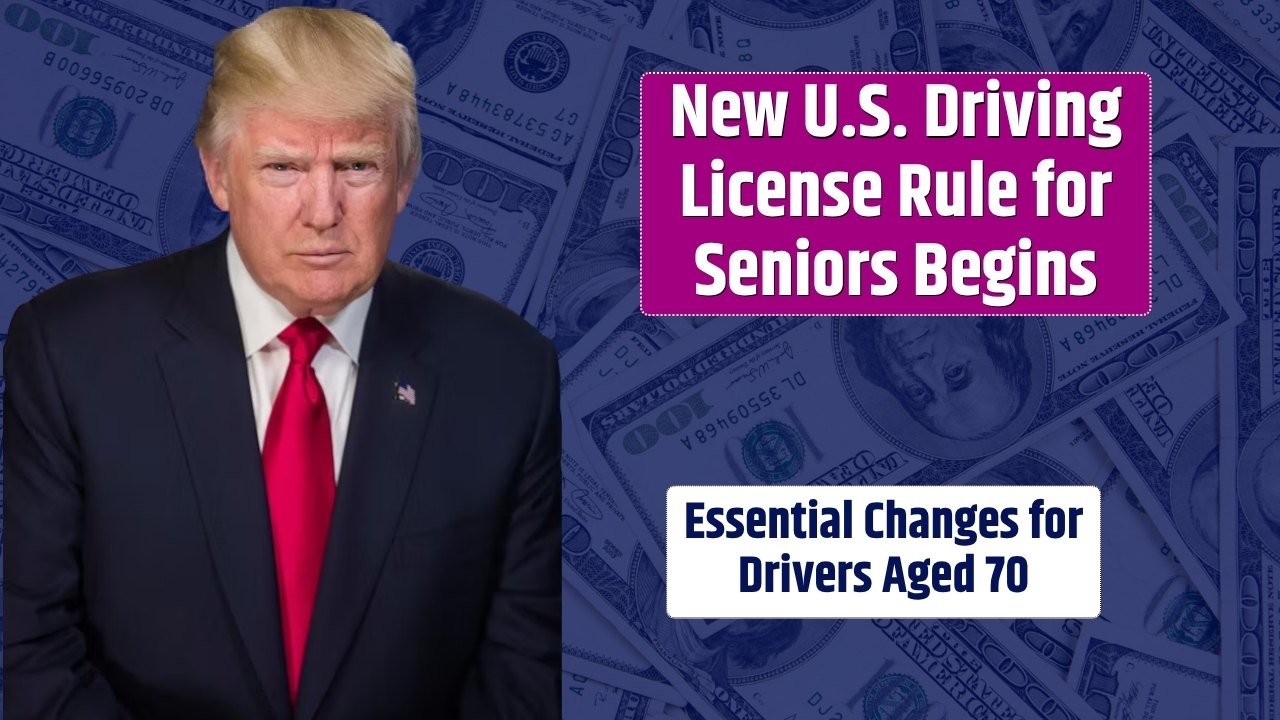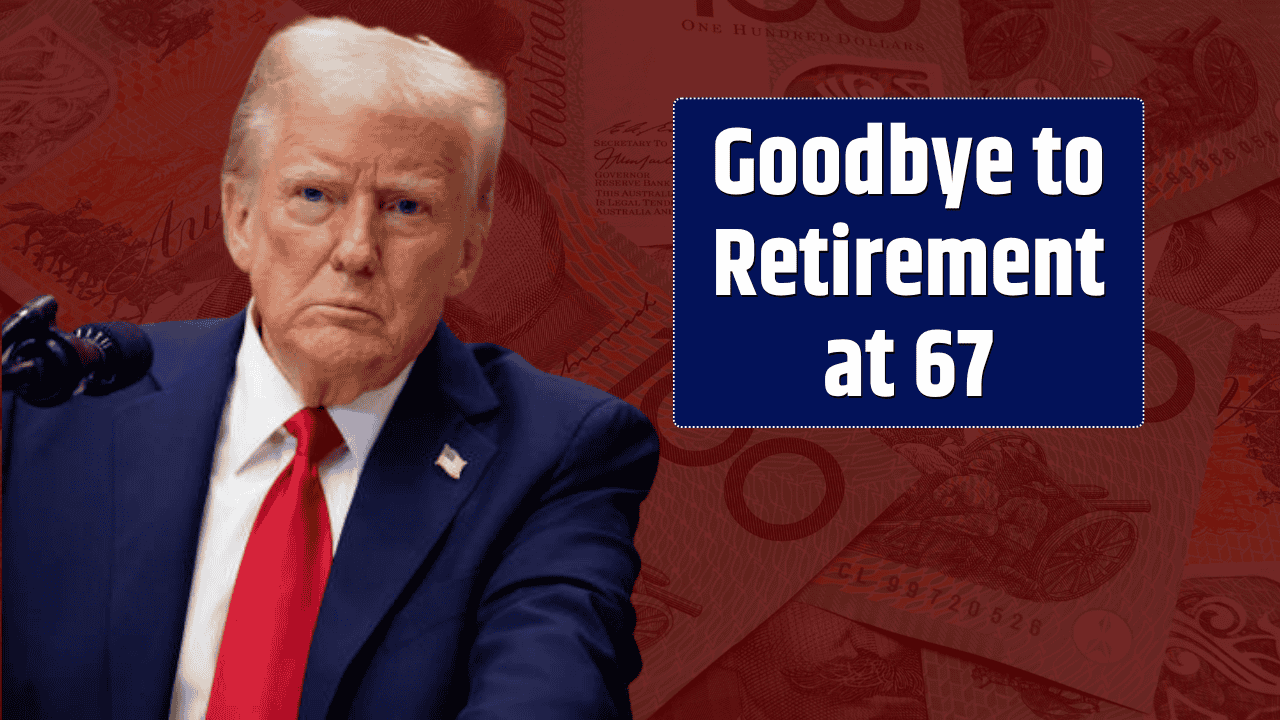The UK’s tax system is once again in the spotlight, and this time, the debate centers on the Personal Allowance — the amount of income you can earn each year before you begin paying income tax. With inflation eroding purchasing power and more households struggling to stay afloat, a growing number of economists, MPs, and campaigners are calling for a radical shift: raising the Personal Allowance from £12,570 to £45,000.
If implemented, this change would represent a significant overhaul of the UK tax code and could dramatically reshape financial life for millions of working people.
Table of Contents
What Is the Personal Allowance?
As of 2025, the Personal Allowance stands at £12,570. That means any income up to this amount is not taxed. Anything above that is taxed at the basic rate (currently 20%) or higher, depending on your earnings.
Here’s how it currently works:
| Annual Income | Tax Paid on This Portion |
|---|---|
| £0 – £12,570 | 0% (Personal Allowance) |
| £12,571 – £50,270 | 20% (Basic rate) |
| £50,271 – £125,140 | 40% (Higher rate) |
| Over £125,140 | 45% (Additional rate) |
Why Raise the Personal Allowance to £45,000?
Raising the threshold to £45,000 would triple the amount of tax-free income people can earn. Supporters of this bold proposal argue that it’s long overdue — especially as wages have failed to keep up with rising inflation, rent, and energy costs.
Key reasons for the proposed increase:
- Cost of living has surged, but the Personal Allowance hasn’t kept pace.
- Lower and middle-income households are overtaxed, despite earning modest wages.
- More disposable income could fuel consumer spending and stimulate the economy.
Who Would Benefit?
Under the proposed reform, anyone earning under £45,000 would pay no income tax at all. Higher earners would still benefit from the expanded tax-free portion — just not on income above that threshold.
This could benefit:
- Full-time workers earning £20,000 to £45,000
- Dual-income households
- Parents balancing work with childcare
- Pensioners with moderate retirement income
- Small business owners with limited earnings
Even high earners would receive a £32,430 boost in tax-free income, lowering their effective tax rate.
A Case for Fairness
Many critics of the current system say it’s outdated and disproportionately burdens everyday workers, while the wealthy often reduce their tax bills through:
- Investment income taxed at lower rates
- Offshore accounts
- Business deductions
- Strategic income splitting
Raising the Personal Allowance could:
- Level the playing field for those without access to complex tax planning
- Shift the tax burden upward to those more able to pay
- Restore public trust in the fairness of the system
The Fiscal Trade-Off: Lost Revenue vs. Economic Growth
A higher Personal Allowance means less tax revenue upfront, but supporters argue this could be offset by:
- Stronger consumer demand leading to business growth
- Reduced welfare payments, as more families become financially independent
- Lower administrative costs, with fewer taxpayers requiring assessments or filings
While the exact cost to public finances is hard to predict, advocates say economic expansion could fill the gap over time.
Challenges to Implementation
Despite its potential benefits, the proposal faces real-world obstacles:
- Political resistance, especially from those focused on deficit reduction
- Complex fiscal modeling, to ensure public services aren’t compromised
- Public perception, as critics may label it a tax break for the middle class
Still, as pressure builds on working families, this idea continues to gain ground — not just as a tax tweak, but as a structural shift toward economic fairness.
Raising the Personal Allowance to £45,000 could offer meaningful relief for millions of UK taxpayers. It would ease the tax burden, encourage spending, and create a fairer playing field for earners of all levels. While there are real fiscal and political challenges, the proposal reflects a growing recognition that the current system no longer meets the needs of the modern British worker. If change is coming, it may start with this threshold.
FAQs
What is the Personal Allowance in 2025?
It’s £12,570 — the amount you can earn before you pay income tax.
Why do people want to raise it to £45,000?
To give lower and middle earners a break amid rising living costs and to make the tax system more equitable.
Would everyone benefit from this change?
Yes. Anyone earning under £45,000 would pay no income tax. Higher earners would still benefit from the expanded tax-free amount.
Wouldn’t this reduce government revenue?
Initially, yes. But increased spending and reduced welfare dependency could offset the loss.
Is the current system unfair to ordinary workers?
Many believe so. High earners often use tax strategies that aren’t available to the average worker, leading to an uneven system.

